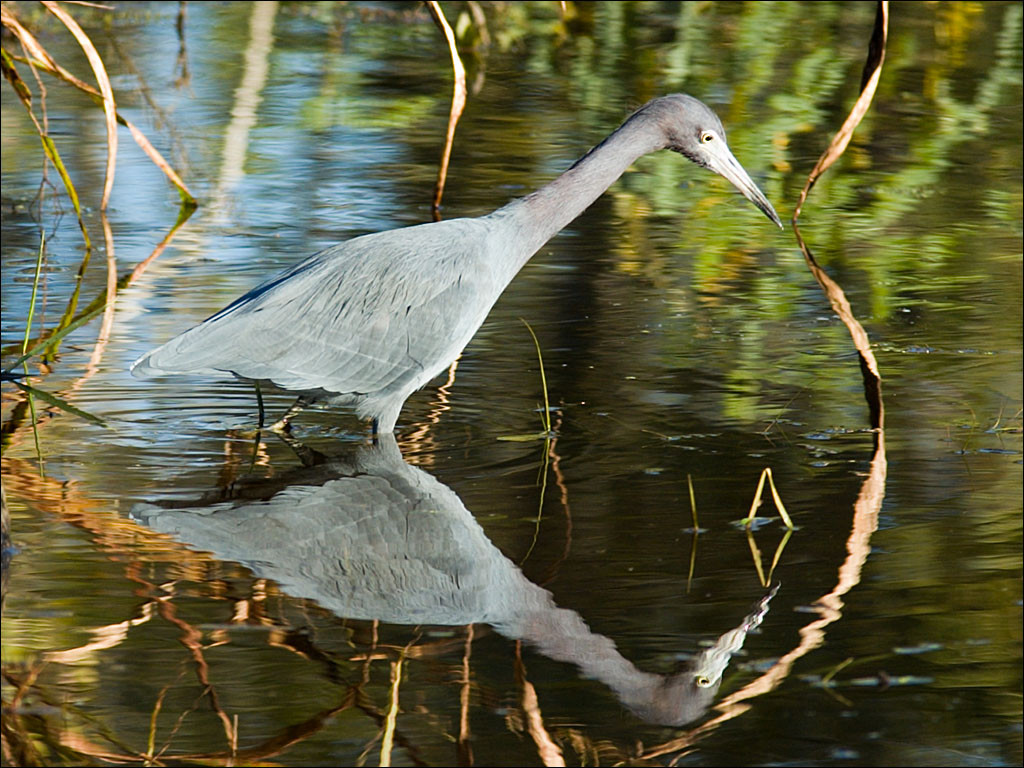Natural Resource Conservation Service (NRCS) and RCPP Collaborative Partners
About the RCPP Program
The RCPP program was created in the 2014 Farm Bill. It gives landowners incentive to enroll agricultural land and non-industrial private forestland in conservation easements and conservation contracts through partnership between the Natural Resources Conservation Service (NRCS) and local entities which create projects for private landowner conservation. Those entities may be agricultural or silvicultural associations, farmer cooperatives, state and local government, water districts, conservation driven organizations, and educational institutions.
Landowners must work with a local organization to develop a project proposal that the organization will submit. If the project is later funded, any producer and landowner in the project area can apply for the program assistance. Each partnership project will be reviewed for goals, services, and eligibility.
Approved 2015 Texas RCPP Projects
The first round of RCPP projects have been selected for funding during 2014-2015 fiscal year. For Texas, the state RCPP priorities for partnerships are plant and soil health, soil erosion, and water quality and quantity. National priorities also include at-risk species habitat and air quality. Funding for other cycles will be announced in the future.
Texas was awarded two state-level projects and one of them, the Texas Gulf Coast Stream and Wetland Initiative, is of interest for landowners along the upper Texas coast. Though details of project, led by Resource Institute, Inc., are still emerging, it is known that the project will focus on restoration and protection of headwater streams and wetlands on agricultural land. One component of the project will be engaging landowners in adopting of conservation practices on their land.
A national program which includes Texas is the Rice Stewardship Partnership – Sustaining the Future of Rice, led by Ducks Unlimited, Inc. Again, details of the project are still emerging, but the partnership mission is to assist 800 rice producers to address water quantity, water quality, and wildlife habitat over 380,000 acres in Mississippi, Arkansas, California, Louisiana, Missouri, and Texas.
Future RCPP Funding
Landowners will want to track these two RCPP initiatives as they develop and be aware of future funding for new projects.
Any agricultural or silvicultural landowners with project ideas are encouraged to partner with an organization and submit a proposal for the next round of RCPP funding.


